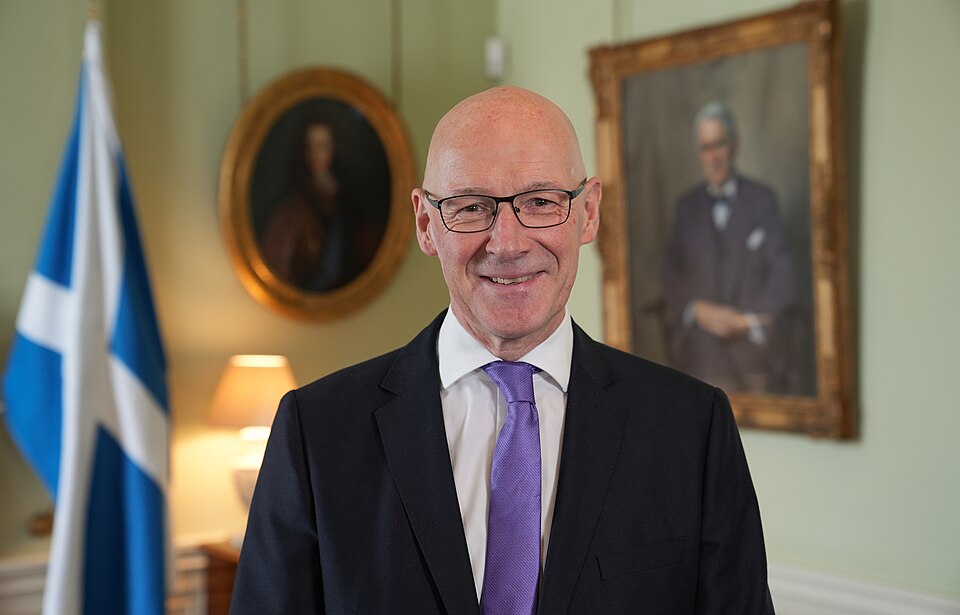
The UK and Scottish governments are heading for another clash — this time over digital ID cards.
Prime Minister Sir Keir Starmer has announced plans for a compulsory new “Brit Card” — a digital ID that every worker in Britain would need. The idea is that it would confirm people’s right to work, rent a home, and use public services. Starmer says it’s about tackling illegal immigration and ending the “shadow economy” where people work cash-in-hand and undercut wages.
He points to Estonia as an example, where digital IDs are used for everything from voting to banking to booking GP appointments.
But the reaction has been fierce.
Nigel Farage calls it an attack on “the freedoms of law-abiding Brits.” And in a surprising twist, Scotland’s First Minister John Swinney is siding with him. Posting on X, Swinney said he’s against mandatory digital ID, arguing people shouldn’t face that kind of intrusion in daily life. He also took issue with the name “Brit Card,” saying: “The Prime Minister seems to be attempting to force every Scot to declare ourselves British. I am a Scot.”
The Scottish Government quickly backed him up, stressing it won’t support any scheme where people are forced to carry or present an ID card.
For Starmer, though, Scotland isn’t the main headache. The real pressure is coming from Reform UK. The party’s poll numbers have surged, with YouGov suggesting they could jump from just 5 MPs to over 300 — potentially making them the largest party in a hung parliament.
That’s rattled Labour ahead of its annual conference. There’s even renewed speculation about a leadership challenge from Greater Manchester mayor Andy Burnham, as frustration grows over broken manifesto promises and rising business costs.
Starmer, meanwhile, is trying to frame his digital ID plan as part of a bigger vision of “patriotic renewal,” urging progressives to resist “the politics of grievance” championed by Farage. But Reform’s popularity is being fuelled by the government’s struggles to get a grip on immigration, especially the small boat crossings.
Even within Labour, there’s a shift. Home Secretary Shabana Mahmood is far more supportive of ID cards than her predecessor, Yvette Cooper, saying digital ID would help crack down on illegal working.
Still, opposition is mounting: more than 300,000 people have already signed a petition against the plan, while critics — from Reform UK to Tory leader Kemi Badenoch — argue it won’t stop illegal migration but will restrict freedoms.
Worth noting: the UK and Ireland are actually the only countries in Europe without some form of ID card. And former PM Tony Blair has long been an advocate of something similar.
But for now, the row is less about policy detail and more about political identity — with Starmer betting on control, Swinney drawing a line on national identity, and Farage turning it into yet another freedom fight. Photo by Scottish Government, Wikimedia commons.




































